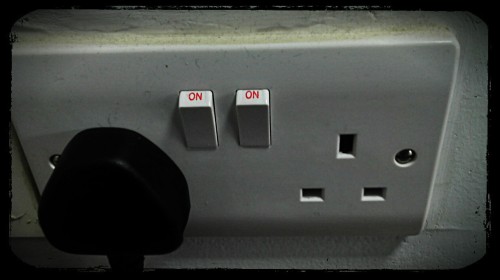While reading this article in Cyprus Mail, I had to ask myself if parliamentary immunity is any good. Why do members of parliament need this privilege. Wikipedia suggests:
Parliamentary immunity, also known as legislative immunity, is a system in which members of the parliament or legislature are granted partial immunity from prosecution. Before prosecuting, it is necessary that the immunity be removed, usually by a superior court of justice or by the parliament itself. This reduces the possibility of pressing a member of the parliament to change his vote by fear of prosecution.
I think this doesn’t work anymore in the modern society. Those who do need to press MPs usually will find ways to do so, parliamentary immunity or not. Giving MPs such an immunity relies on their good nature. And we all know how good-natured an average politician is. The example was given in the above-mentioned Cyprus Mail article.
Update: another article in the same newspaper covers the story, and, among other things, suggests an interesting approach to the problem – a “name and shame” policy.
As we cannot expect our deputies to behave like law-abiding citizens with regard to traffic fines, the relevant article of the constitution, which allows them to flout the law, would have to be changed. Of course for the article to be changed, a two-thirds majority would be needed in the legislature, and we doubt there would be 38 deputies willing to vote for surrendering their privilege not to pay traffic fines.
There is an alternative. The police and municipalities could make public, once a month, the names of deputies who had refused to pay their parking and speeding tickets. A name and shame policy would be the ideal solution so that voters are aware which Representatives are so cheap they abuse their privilege in order not to pay a small fine.

